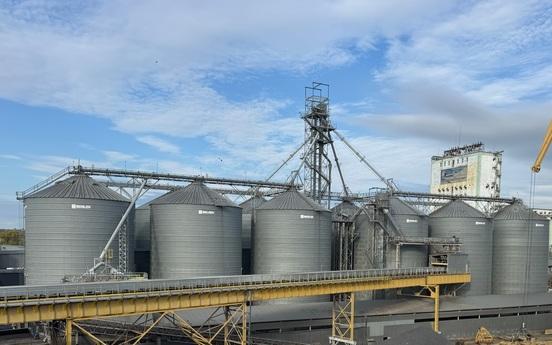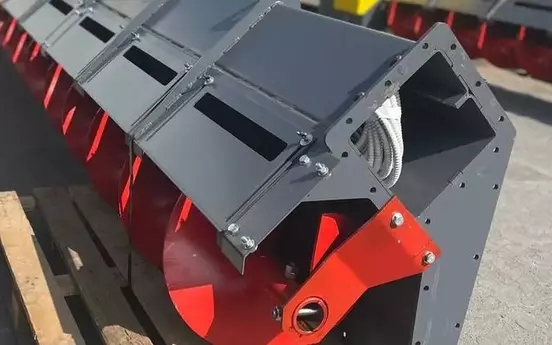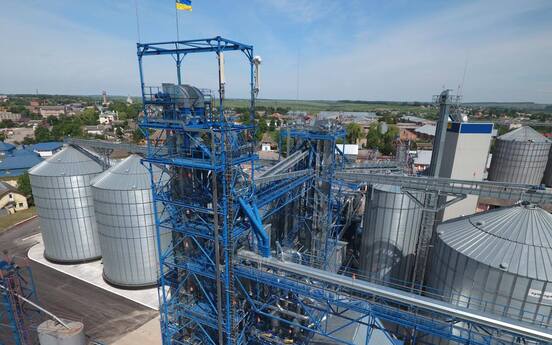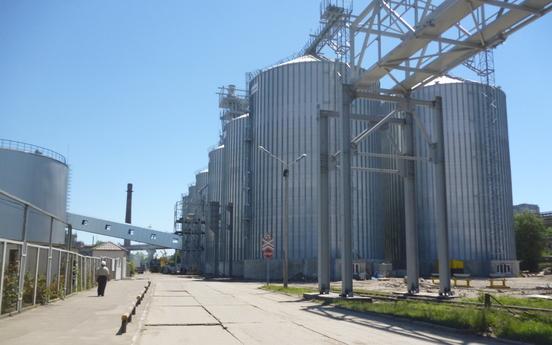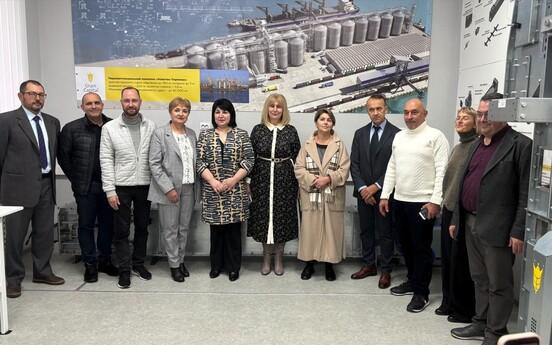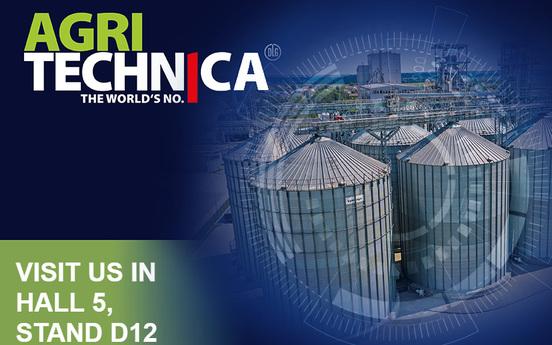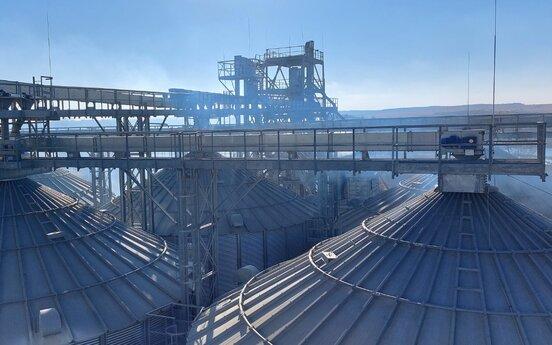How grain traders work and why process automation is important to them

Grain trading is a complex business. It requires accuracy, speed and risk management. Grain trading involves the purchase, quality control, and sale of agricultural products on the domestic and international markets. In today's highly competitive environment, process automation is becoming a driving force for success. It helps to reduce the influence of the human factor, increases the speed of order processing, and minimizes various risks. Find out how grain traders work and what benefits automation brings in this article.
Specifics of grain traders' work
Grain trading covers the purchase, quality control, and sale of grain, etc. Traders, in turn, analyze the market, conclude contracts, organize storage and delivery. Quality control includes checking for moisture, impurities, and certification. Sales are made through forward contracts, futures, or spot transactions. It is necessary to organize risk management that minimizes the impact of price fluctuations and currency changes. Automated systems can be an ideal solution.
The main tool of a grain trader for success
The main tool of a grain trader is an automated business process management system. It provides control over all processes, such as sales and logistics. Real-time market monitoring allows us to predict prices, while logistics automation reduces costs and speeds up deliveries.
What distinguishes a successful agricultural trader from others?
A successful agricultural trader is characterized by strategic thinking, quick decision-making, effective risk management, and the use of automated systems. He works with accurate market data, optimizes logistics, controls grain quality, and manages financial flows competently. Its main advantage is adaptability to market changes and technological efficiency.
Main challenges in the work of grain traders
- Price fluctuations
- Logistics
- Quality control
- Financial risks
- Legislative changes
- Competition
- Weather conditions
Using automation in grain trading
Features
Automation reduces order processing time, reduces the risk of human error, and improves logistics management. Integrated systems analyze the market in real time, forecast prices, and optimize purchases.
Workflows of different traders
Large grain traders use ERP systems to manage transactions. Medium-sized ones combine automation with manual control. Small ones implement CRM and monitoring services.
Osnova business automation
Osnova Business Automation by Grain Capital is a comprehensive business automation solution adapted to the needs of the agricultural sector and grain trading. Osnova is, without exaggeration, an operating system for the elevator business that does not require separate settings or complex implementation processes. All planning and management algorithms are based on the knowledge of market experts (from owners to laboratory managers):
- Planning grain batches for shipment with automatic shortage calculation
- Setting tasks for managers to purchase grain or fulfill a service plan
- Planning of quantitative and qualitative characteristics of grain by capacity
- Fully automated tasking and control of transport movement
- Automatic construction, start and stop of routes through integration with a SCADA system of your own design
All this and much more you will find in Osnova.
The future of grain wholesale and the role of digital technologies
The digital transformation of the grain wholesale trade is already underway. Many companies are already using blockchain to track shipments and reduce paperwork. Some are even using artificial intelligence to analyze weather conditions and forecast yields. Digitalization allows for the use of analytical platforms in grain trading. For example, in Ukraine, the Osnova digital platform optimizes many processes and quality control. So it's true: new technologies are changing the approach to selling agricultural products, making the market more transparent, and in the future, this will be the basis of almost all companies' operations.
